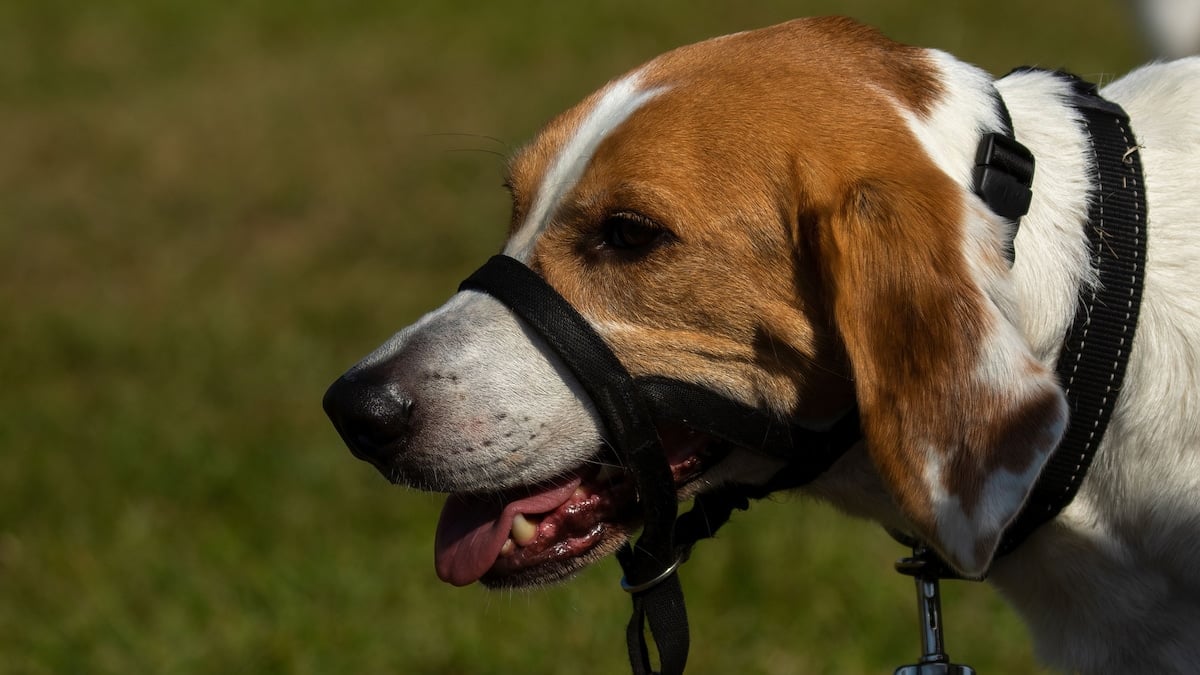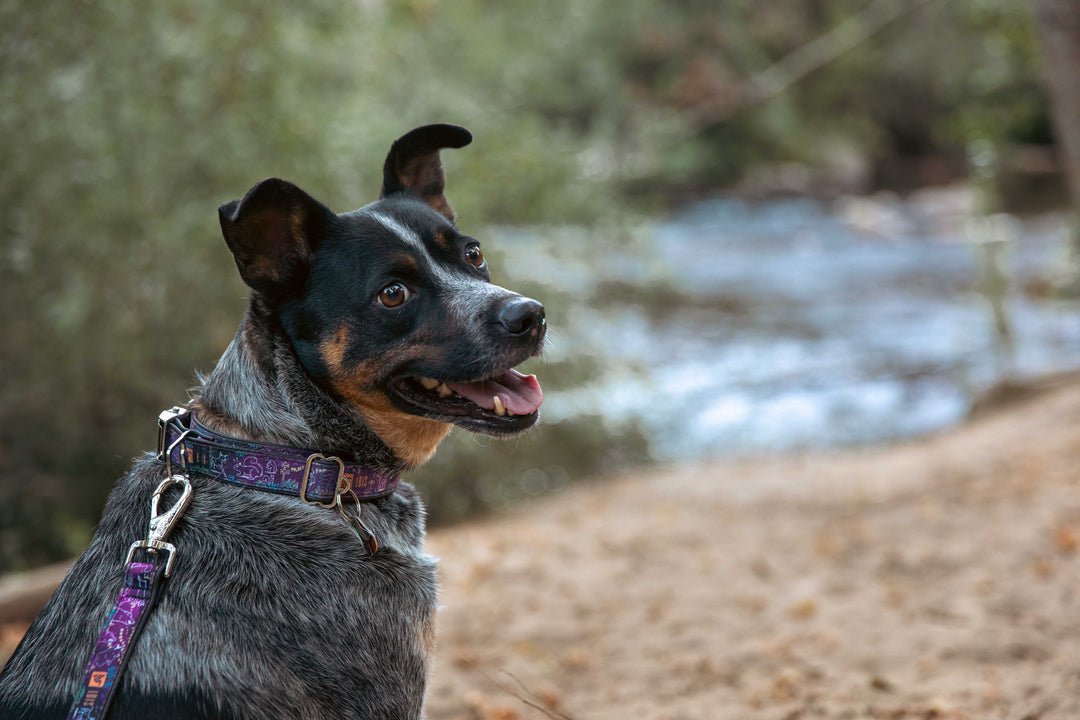
Tips for Storing Dog Collars and Keeping Them Fresh
Share
For health-conscious pet owners, ensuring the well-being of their furry friends extends beyond feeding and exercise. One aspect that often gets overlooked is the proper storage of dog accessories, particularly dog collars. This guide offers tips for storing dog collars to ensure they remain in top condition, minimizing potential health risks for your beloved pet. Proper storage is crucial not only for maintaining the quality of the collar but also for safeguarding your dog's health.

The Importance of Proper Dog Collar Storage
Dog collars are more than just accessories; they are essential tools for identification, control, and safety. However, improper storage can lead to wear and tear, unpleasant odors, and even mold growth. By following these tips, you can keep your dog's collars fresh and durable for longer periods.
1. Clean Before You Store
Before storing your dog's collar, always ensure it's clean. Dirt and moisture can lead to bacteria growth, which can be harmful to your pet's skin. Use a mild soap and a gentle brush to clean the collar, and ensure it's completely dry before storage. For more detailed cleaning techniques, you can refer to this guide on measuring dog collars.
2. Choose the Right Storage Spot
Store collars in a cool, dry place away from direct sunlight. Sunlight can cause materials to fade and weaken over time. A dedicated drawer or a hanging organizer in your closet can be a great option. For more insights on collar care, check out this post on dog collars for active breeds.
3. Utilize Storage Containers
Using storage containers can help keep collars organized and protected from dust and moisture. Opt for breathable fabric containers or boxes with ventilation holes to allow air circulation, which helps in preventing mold. Avoid plastic bags as they can trap moisture.
4. Rotate Collars Regularly
If you have multiple collars for your dog, rotating them regularly can help in extending their lifespan. This not only prevents any single collar from getting worn out quickly but also allows you to detect any wear and tear early. For suggestions on collar types, explore this article on martingale collars.
Why Proper Storage Matters for Pet Health
A poorly stored collar can harbor bacteria, leading to skin infections or allergies. Health-conscious pet owners must realize that proper storage practices are an easy yet effective way to prevent such issues. Regular inspections for signs of wear, such as fraying or weakened buckles, are essential for ensuring your dog's safety.
In addition, understanding the evolution of dog collars can provide more context on how different materials respond to storage conditions. For a historical perspective, visit this insight on the evolution of dog collars.
5. Inspect Collars Regularly
Regular inspection of your dog's collars is crucial. Look for signs of wear and tear, such as fraying, discoloration, or weakened buckles. Any damaged collar should be repaired or replaced to avoid accidents. To avoid collar-related injuries, refer to this helpful guide.
6. Consider the Material
Different materials require different care. Leather collars need conditioning to maintain their flexibility, while nylon collars benefit from regular washing. Understanding the material will help you store them appropriately and extend their life.
7. Keep a Spare
Always have a spare collar on hand. In case the current one gets damaged, you can quickly replace it without compromising your dog's safety. Having a spare ensures that you never have to use a damaged collar, avoiding potential risks.
Conclusion
Taking care of your dog's accessories is a vital part of responsible pet ownership. By following these tips for storing dog collars, you can ensure that your pet's collars remain in excellent condition, contributing to their overall health and safety. For more pet care tips, visit this post on matching collars to dog personalities.

FAQs
How often should I clean my dog's collar?
It's advisable to clean your dog's collar every couple of weeks or more often if it gets dirty frequently.
Can I store dog collars in a plastic bag?
It's best to avoid plastic bags as they can trap moisture, leading to mold growth. Opt for breathable storage solutions instead.
What should I do if my dog's collar starts to smell?
If a collar starts to smell, it indicates the presence of bacteria. Clean it thoroughly and ensure it's completely dry before storing.
This article contains affiliate links. We may earn a commission at no extra cost to you.
